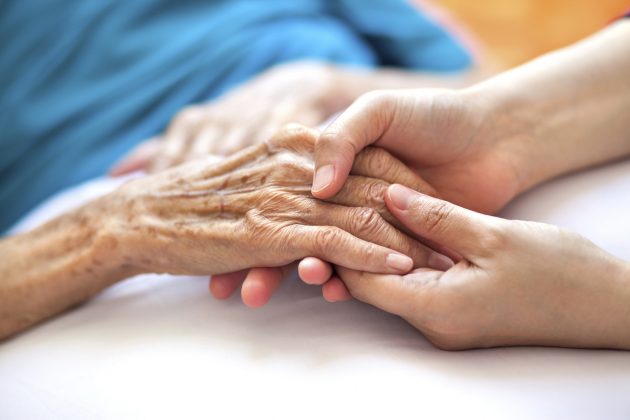A recent article in Hospice News discusses the need for a standardized definition for palliative care. Meetings were held with more than 60 participants including the Center for Medicare & Medicare Innovation (CMMI) to “lay groundwork for sustainable pathways to palliative care within existing health plans and payment models.” CMMI and the Centers for Medicare & Medicaid Services (CMS) will “need to work closely with providers and payers to define the scope of quality and payment of theses services.”
The first step is to develop a standardized definition of what palliative care is, who provides it, how it is delivered and when. One area that remains consistent is that it is not just a provider but an entire team that provides palliative care including a physician, a nurse, a social worker, and a spiritual care professional, with access to a pharmacist who plays a crucial role in medication management. There are disparities across healthcare plans about what palliative care services are, who is eligible and what providers are qualified to deliver care.
Palliative care initially was tied to hospice, but it has evolved well beyond that to keeping people healthier longer and providing care congruent with their values and getting the care they need. For payers, it is also about tying that to quality measures. “It’s value-based care in a team-based type of model.” The Coalition to Transform Advanced Care (C-TAC) plans to continue this conversation at their annual Summit in Washington DC this October with CMMI and CMS being present. To read the full article from Hospice News, click here.
In South Dakota, as part of the standardization process, three large grants supporting palliative care education and program development along with LifeCircle of South Dakota (an interdisciplinary, inter-professional group providing advocacy and education for quality serious illness care) have agreed on the following working definition of palliative care:
Palliative care is medical care for people living with a serious illness. This type of care is focused on providing relief from the symptoms and stress of illness with the goal to improve quality of life for both the patient and family. Effective palliative care is delivered by a trained team of doctors, nurses, social workers, chaplains, and other health professionals who collaborate to provide an extra layer of support. Based on the needs of the patient, not on prognosis, palliative care is appropriate at any age and any stage of serious illness and may be provided alongside curative treatments in primary and specialty settings.




